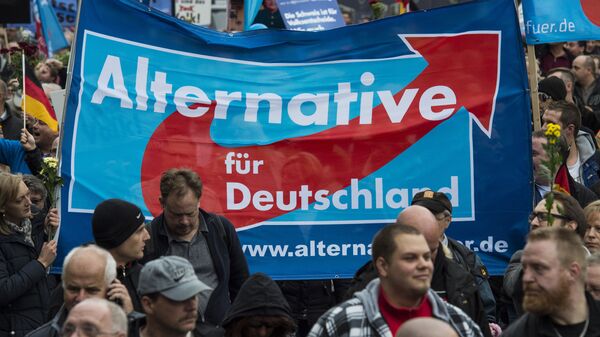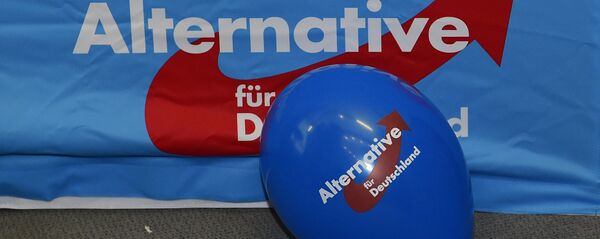AfD, the far-right party that scores a considerable 14% of nation-wide support, is present in half of Germany's regional state assemblies. While it is still not represented in the German federal parliament, it poses a challenge to Angela Merkel's CDU in the upcoming 2017 elections.
This Sunday, May 1st, the congress of 2,000 party delegates approved the election manifesto that, among other things, states that Islam is not compatible with the German constitution and that minarets and burqas should be banned completely.
According to Hans-Thomas Tillschneider, an AfD politician from the state of Saxony-Anhalt, "Islam is foreign to [Germans] and for that reason it cannot invoke the principle of religious freedom to the same degree as Christianity."
This is a stark contrast to Angela Merkel's stance that freedom of religion is universally guaranteed by the German constitution and that Islam is welcome in the country.
Tillschneider's statement received loud and vocal support, as such sentiments are apparently shared by the majority of the party members. While the idea of a softer approach has been proposed on the congress (Ernst-August Roettger proposed a "dialogue with local Muslim communities"), it was almost unanimously rejected.
The party that was founded three years ago had its popularity boosted by the recent migrant flow to Europe. According to statistics, Muslims make about 5% of the German population (about 4 million people). AfD is being criticized for its far-right anti-immigrant policy, with some officials have compared its attitude towards Muslims to that of Adolf Hitler's towards Jews — a particularly popular accusation in Germany, that has been attributed to Chancellor Merkel herself.



